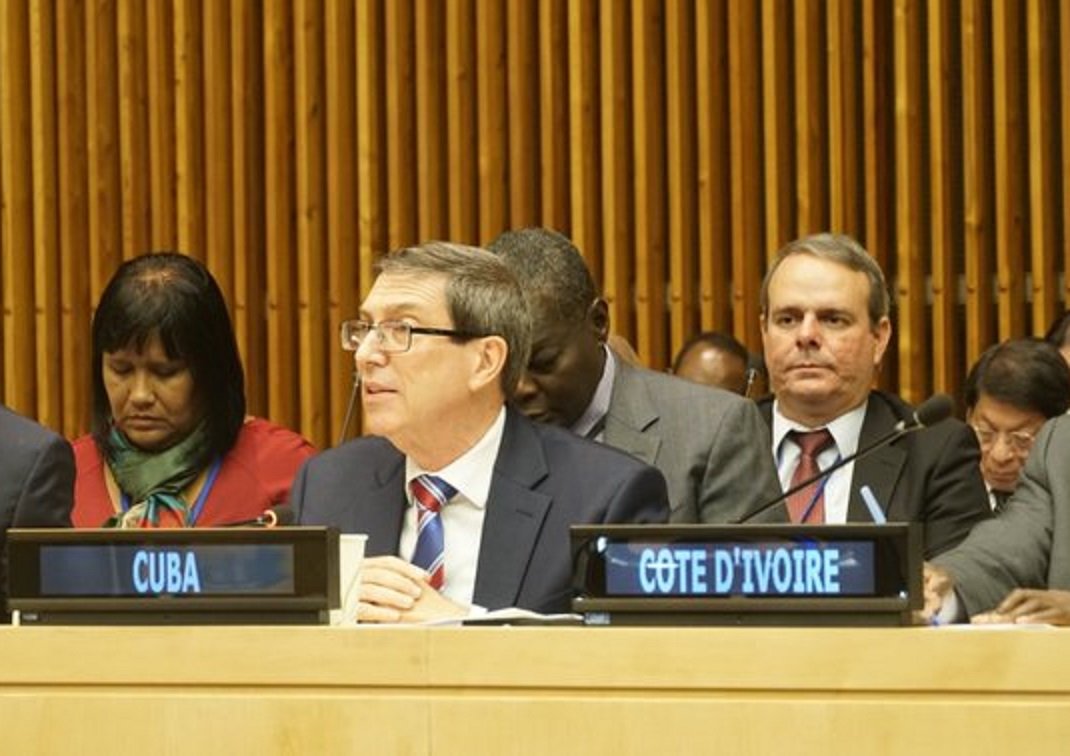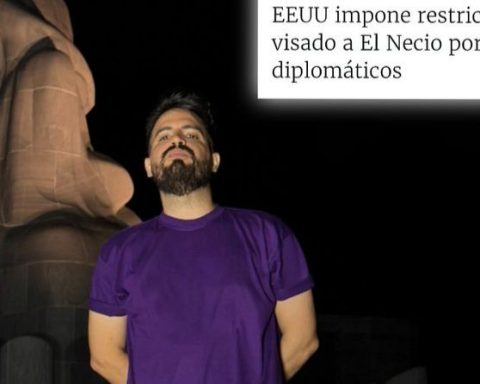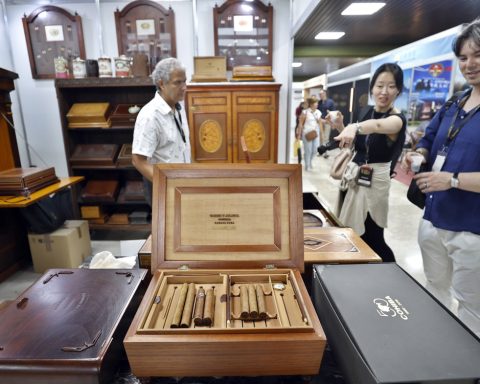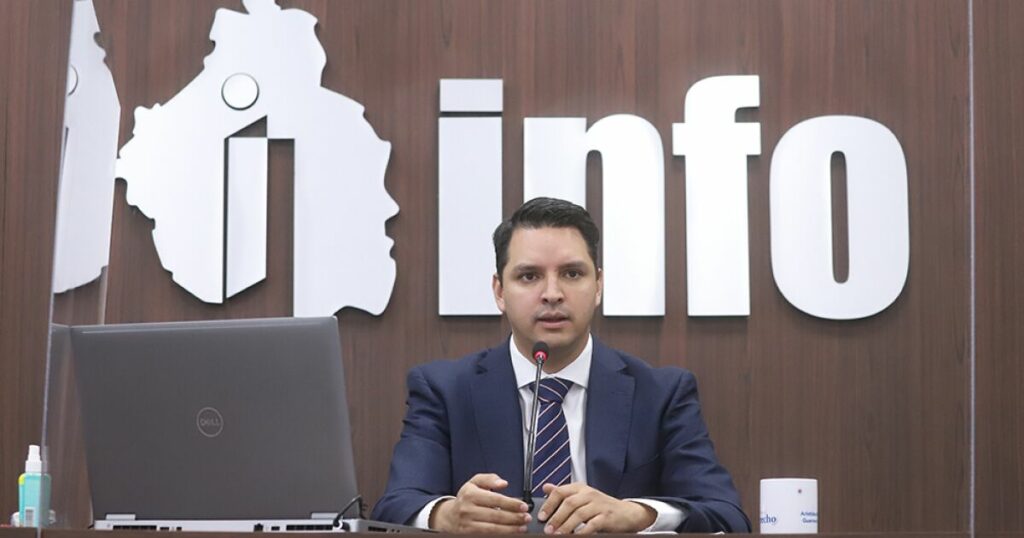Cuba was elected this Friday to chair the Group of 77 plus China (G77) for 2023, during a meeting of the group’s foreign ministers, held in the context of the 77th session of the General Assembly of the ONU.
It is an important bloc within the United Nations and of which more than two thirds of the organization’s countries are members, states a report by the agency EFE.
The foreign ministers of the G77, meeting in New York, approved “by acclamation” the Cuban candidacy, which had already received the green light from the countries of Latin America and the Caribbean, points out the agency citing the Foreign Ministry of the Island.
Cuban Foreign Minister Bruno Rodríguez assured that this election is “a very high honor” for the Caribbean country and also implies an “enormous responsibility.” In addition, in his profile on Twitter he said he was aware “of the impressive historical heritage forged in 58 years by the G77 plus China and the great challenges we face.”
#Cuba?? has been elected for the first time to hold the Presidency of the Group of 77 plus China in 2023.
It is a high honor. We are aware of the impressive historical heritage forged in 58 years by the G-77 + China and of the great challenges we face. pic.twitter.com/tAsEWMSqQE
– Bruno Rodríguez P (@BrunoRguezP) September 23, 2022
In his speech at the bloc’s meeting, Rodríguez recalled that the G77 plus China is the “widest and most diverse consultation group in the international sphere” and represents 80% of the planet’s population.
The head of Cuban diplomacy also underlined the enormous challenges that humanity faces, among which he highlighted climate change, poverty, unemployment, food insecurity, unilateral coercive economic measures or the reform of trade and international financial institutions and the need for peace, points out EFE.
“There will be no development without peace and no peace without development,” stressed the foreign minister during the meeting held at the United Nations headquarters.
The G77, founded in 1964 by 77 developing states, brings together almost all of Latin America, Africa and the nations of South Asia, and currently includes a total of 134 countries that represent two thirds of the members of United Nations. United.
EFE / OnCuba

















